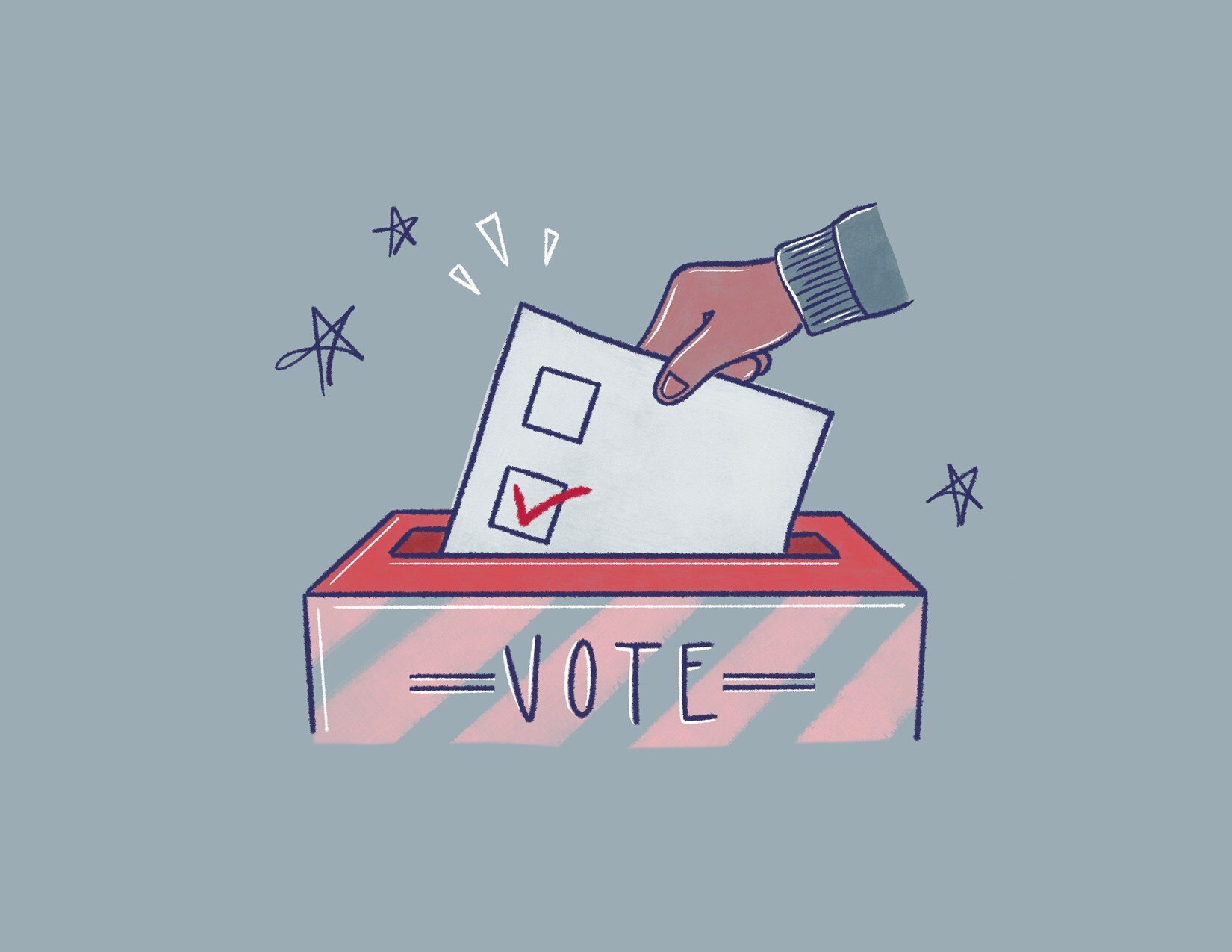Giving youth the voice to vote
Election Day is on Nov. 3. All U.S. citizens ages 18 and up have a vote, a say in which candidate will become the next president. Moreover, the future direction of the nation is decided. However, vast discrepancies appear in the age gaps of voters.
Gen Z counts as everyone under the age of 25. According to Pew Research Center, they will count as one in 10 voters in this election. Yet in 2018, 67% of Gen Z voters did not vote and 25% did not register.
Voting is the basis of which democratic society rests. It is also a chance for individuals to have a say in who represents them.
Denice Zeck is the Executive Director of American Forum, a nonprofit media organization that provides a voice for youth, women, people of color and others. Their campaign Voice2Vote, sponsored by the National Women’s Editorial Forum, also informs about voting choices and how to vote.
Currently, American Forum is publishing op-eds from writers across all 50 states. The organization is also surveying young Americans to better develop their own strategies of educating them on voting. The voting process varies greatly. It is the American Forum’s mission to break down any and all barriers based on a lack of knowledge.
Many, Zeck said, are at odds for which media sources to trust and where to turn for accurate information. Choosing who to vote for is one challenge; learning the language and the process is another.
Most elections present challenges, and the COVID-19 pandemic has made the 2020 election even more difficult. Many voters are unwilling to come to polling stations. There are safety risks for those who do, and states are turning to controversial mail ballots.
The polarization of politics has caused many to doubt the press, themselves and their voting choices. Zeck argues that youth, especially students, will have a major voice in this election.
“Young people are interested in learning about the media and having their voices heard,” Zeck said.
American Forum is collecting responses to their survey here. The survey collects responses about demographics, mediums and sources of news, media trust and obstacles to voting.

